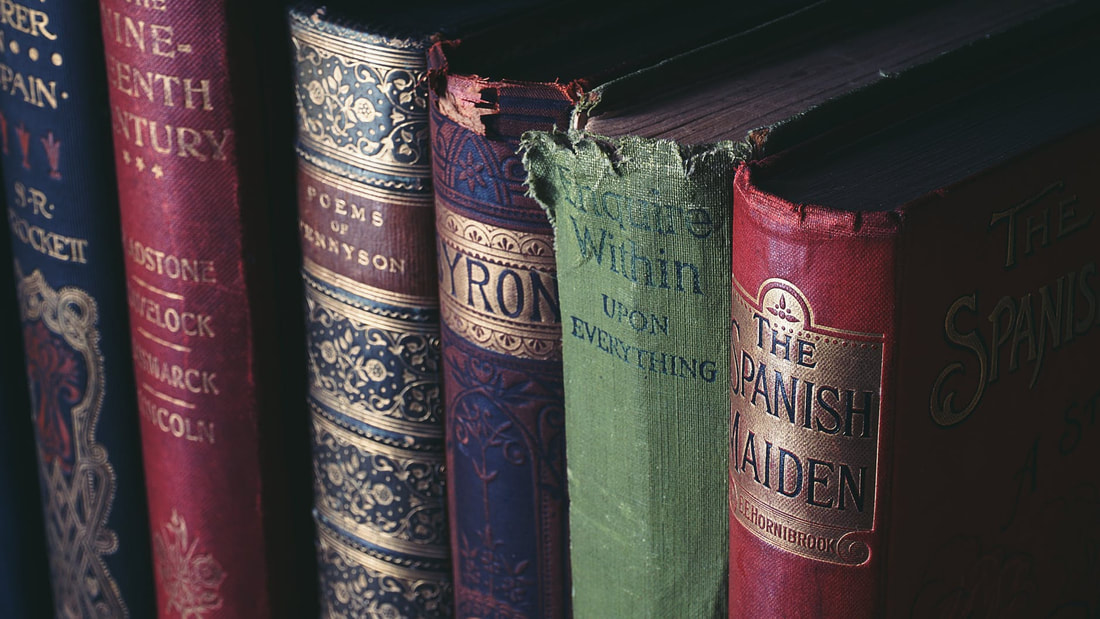|
The Breadcrumbs widget will appear here on the published site.
Why You Shouldn't Feel Obligated to Read Classic Novels
By Danielle Arze
Here’s the thing — I’ve never read The Great Gatsby, and I think that’s okay.
Let’s backtrack. I’m an English major and I’m fully aware that not having read a quintessential American novel is considered a cardinal sin in my field of study. Yet, in my junior year of high school, it was lumped in with five other novels I had the choice of reading and we never spent more than five minutes talking about it. I’ve also never read a novel by Ernest Hemingway, and if I’m going to be honest, I don’t want to. These classics that we hold up so high with an air of prestige and class have no attachment to our current day society and if looked at closely hold an intense amount of misogyny and racism in an era when it was deemed okay and allowed. A frame of mind that continues the line of thinking that good literature stopped being produced in the 1900’s is counterproductive to anyone thinking to study literature. Plenty of breathtaking novels that hold just as many literary devices and a lot less normalized racism and misogyny have been published since the turn of the century. It’s exhausting to constantly be reading novels in which I have to dodge the bombardment of racism, homophobia, and misogyny, all neatly spoken about as if they were perfectly acceptable. Which, when these novels were written, they were, making it all a bit more heartbreaking. Not to say the classics don’t hold their place, there is always something to learn from any literature. They can teach us so much, but they don’t have to be the only tools used to teach us skills. With a classic you need cultural and historical context to fully understand the novel, there needs to be a level of awareness about the political climate of the time and any big issues that were happening. For instance, it’s difficult to fully understand To Kill a Mockingbird by Harper Lee if you don’t have the knowledge about the history and complexities of race in America. Without understanding slavery in America and how much of an impact it has had on the following centuries it’s impossible to pick up on the subtleties of the novel. For anyone to be expected to pick up a historical classic and be able to teach themselves the context in which the novel is framed is a huge feat. I’m in school to study literature and I still find myself shying away from some books that I know are extremely tied to the history that it was written about. I’ve noticed a lot of my generation (Gen Z) has read less and less of these novels we deem as classics. The idea that to be ‘well read’ or ‘well educated’ you have to read the short list of novels written by white men is detrimental and something my generation is steering away from. With thousands of books at our fingertips and being able to read an entire book on your phone, it’s become less commonplace to spend hours annotating and analyzing a story to get the meaning out of it. It’s difficult to relate to characters or authors who wrote classics. A majority of them were old white men with racist and classist notions, and the few that were white women also held those same notions. Being a queer person of color and living in a generation where I can be my authentic self it’s irritating to read about the same white men making the same misogynistic quips. With minorities being represented and outspoken at levels we’ve never had before it’s understandable that younger kids are moving away from literature that has never represented them or told the stories they want to hear. The fact that the most queer representation we get in classics is Oscar Wilde is a bit ridiculous. Now minorities are being lifted up and told they can be just as successful in literature as anyone else, and we’d rather be reading their stories. A list of novels written in the past couple decades that have extreme literary merit without all of the racism and misogyny: Americanah by Chimimanda Ngozi Adichie Nickle Boys by Colson Whitehead Severance by Ling Ma Beloved by Toni Morrison Anil’s Ghost by Michael Ondaatje
0 Comments
CommentsYour comment will be posted after it is approved.
Leave a Reply. |
AuthorWrite something about yourself. No need to be fancy, just an overview. Archives
July 2024
Categories
All
|



 RSS Feed
RSS Feed






